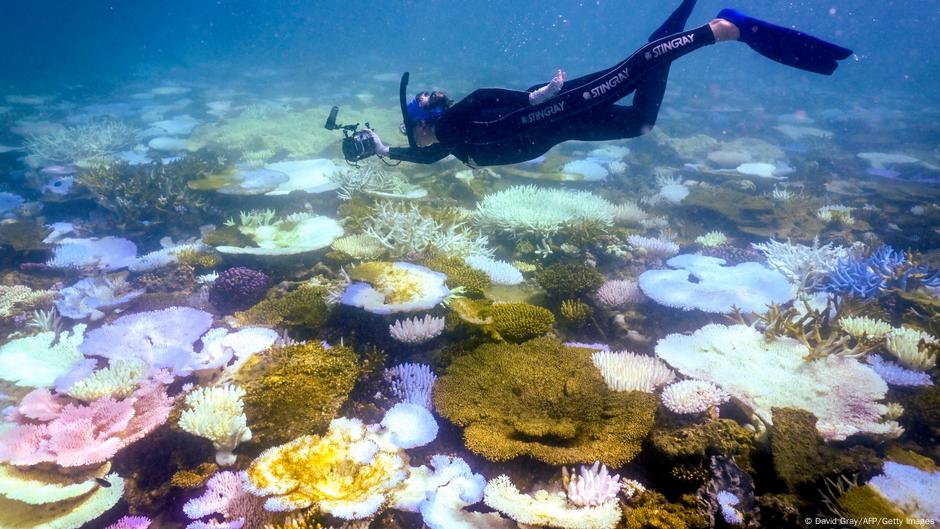Australia's Coral Crisis: Record Loss in Great Barrier Reef

The Great Barrier Reef Faces Severe Challenges
The Great Barrier Reef, one of the most iconic natural wonders on the planet, has experienced a significant decline in live coral cover over the past year. According to a recent report by the Australian Institute of Marine Science, this marks the largest annual drop in coral cover recorded in the reef's history. Despite this alarming trend, scientists emphasize that the reef is still worth preserving and protecting.
Unprecedented Heat Stress and Bleaching Events
The primary cause of the decline is attributed to extreme heat stress, which led to one of the most severe coral bleaching events ever documented. This event occurred in early 2024 and was driven by record-high ocean temperatures. The impact was widespread, with the northern and southern regions of the reef being hit the hardest. Coral cover in these areas dropped by between one-quarter and one-third after years of gradual recovery.
The report highlights that the current bleaching event is the most extensive and severe since monitoring began nearly 40 years ago. Scientists have noted that such extreme conditions are becoming more frequent, signaling an ecosystem under increasing pressure.
Signs of Ecosystem Stress
Mike Emslie, head of the institute’s long-term monitoring program, explained that the reef is showing signs of instability. He pointed out that coral cover has been fluctuating dramatically in recent years, moving between record lows and highs in a short period. Previously, these fluctuations were much more moderate.
Emslie emphasized that the increased volatility in coral cover is a worrying trend. “This is a phenomenon that emerged over the last 15 years and points to an ecosystem under stress,” he said. The data suggests that the Great Barrier Reef may be approaching a tipping point, where the damage becomes irreversible if not addressed.
Climate Change as the Main Culprit
Climate change is identified as the primary driver behind the current crisis. Rising ocean temperatures, caused by global warming, are leading to more frequent and intense bleaching events. These events strip corals of their vibrant colors and can ultimately lead to their death if the stress persists for too long.
Despite the challenges, Emslie remains hopeful. He described the reef as an "amazing place" and stressed the importance of continued conservation efforts. “We can't throw our arms up and give up,” he said, urging sustained action to protect the reef.
A Global Concern
The Great Barrier Reef spans approximately 1,500 miles (2,400 kilometers) off the coast of Queensland in northeastern Australia. It is not only a critical habitat for countless marine species but also a vital part of the global biodiversity. Its health reflects broader environmental issues, making it a key indicator of the planet's overall well-being.
Scientists warn that without urgent intervention, the reef could face irreversible damage. Efforts to mitigate climate change, reduce pollution, and implement sustainable practices are essential to ensuring the survival of this unique ecosystem.
Conclusion
While the Great Barrier Reef has faced unprecedented challenges, there is still hope. Continued research, conservation, and global cooperation are necessary to address the threats it faces. The reef remains a symbol of resilience, and its protection is crucial for future generations. As researchers work to understand and combat the impacts of climate change, the message is clear: the Great Barrier Reef is still worth fighting for.

Comments
Post a Comment